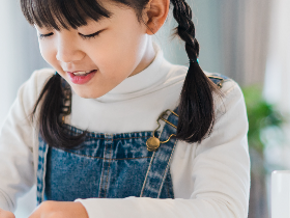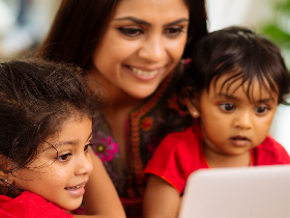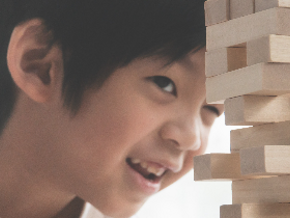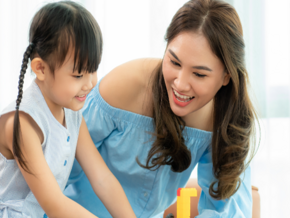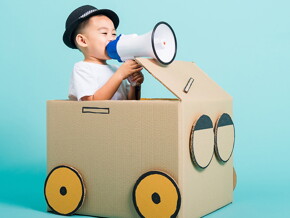
Activities suitable for children according to their age
With the transition to the endemic phase and children being able to attend school as they normally would, parents are obviously going to be worried about their health. Even though they are now allowed to leave the house, careful preparations must be made to ensure that they aren’t susceptible to getting sick. And to keep children from feeling bored, parents can take part in activities with their children.
With the transition to the endemic phase and children being able to attend school as they normally would, parents are obviously going to be worried about their health. Even though they are now allowed to leave the house, careful preparations must be made to ensure that they aren’t susceptible to getting sick. And to keep children from feeling bored, parents can take part in activities with their children.
There may be some parents who are still hesitant and feel unsure about taking their children to play outside. However, these parents also don’t want their children getting bored from just sitting and doing nothing at home. When in fact, there are a bunch of activities that parents can take part in with their children, even at home.
Not being able to play outside shouldn’t get in the way of your child having a good time with all sorts of exciting activities.
What are the most suitable activities for children according to their age? Let’s find out! Children 1-2 Years Old

1. Vroom, vroom!
If there is a box lying around the house, turn it into a car for your child. Then, you can play out all sorts of different characters such as traffic police, mechanics, toll officers and so on. This way, you can stimulate your child’s creativity. Now, isn’t that interesting?
2. Let's Cook!
Prepare a special area to build a kitchen so your child can play pretend cooking. With this kind of game, you child can learn how to be independent, all while developing their creativity by preparing a special meal for the family.

3. Playing with a ball, is super fun!
Use a ball to stimulate your child’s motor skills. By using a ball to play with them, not only will it increase their confidence, but it can also help to develop better communication skills. A simple but great way to develop a child’s intelligence.

Children 3-4 Years Old
1. Guess the sound!
This one can be a really fun game to play! Parents can make a sound and then get their child to guess what the sound is. This way, you can stimulate your child’s mind to get them to really think.
2. A challenge for children!

A simple but fun game for your children. Give them an easy challenge like lifting their hands, moving their legs, winking their eyes and so on. This kind of challenge can teach children to understand instructions and even identify the different parts of their body.
3. Watch out, mum and dad are on the hunt!
This is also one of the simple games we can play with our children. Playing catch can effectively stimulate their energy levels. And on top of that, this game can also create a great relationship between parents and their children.
Children 5-8 Years Old
1. Challenging obstacles!
Parents can prepare all sorts of obstacles for their children to take on. Create a challenge that can encourage your child’s thinking skills. With this kind of activity, they will be more active and it can also stimulate the muscles in their body. Perfect!
2. Let's wash up!
Take all of your child’s belongings like their toys and make an activity out of washing them. Did you know that this kind of activity can stimulate the development of their minds?
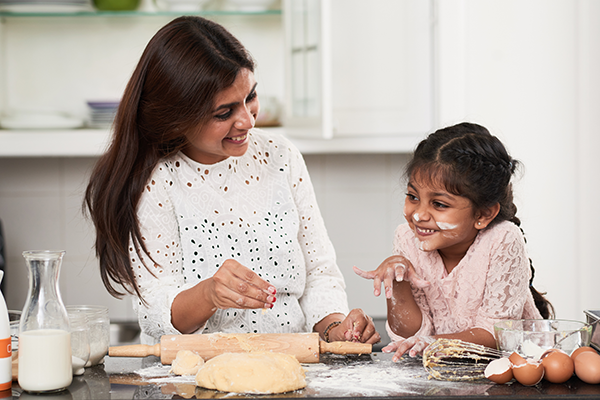
3. Cook with mum!
This is one of the many ways to stimulate a child’s creativity. Invite your child to help out in the kitchen and even prepare a simple meal for the family. Trusting your child to do it. This way, children get to think creatively. Interesting, no?
To have smarter and more creative children, wouldn’t that be great!
In addition to doing various interesting activities with your children, there are other ways to ensure a healthy mental development.
Make sure they are getting the right nutrition and the right amount of nutrients with a balanced diet. S-26 PROGRESS and S-26 PROMISE with Nutrissentials are formulated milk powders for children 1 year and above, that include a combination of essential nutrients such as Lutein, AA and DHA to help your child’s overall development. When your child is an avid learner, they grow up smarter!
This formulated milk powder is formulated with:
- AA, DHA & Choline which help support learning
- Lutein to filter blue light and protect the eyes
- Oligofructose, a soluble dietary fiber that helps support digestion
- Important nutrients like Calcium, Vitamin D, Iron, and Zinc
- Without sucrose
Disclaimer: The content is for informational purposes only and is not intended to be a substitute for professional medical advice, diagnosis, or treatment. Always seek the advice of your health professional with any questions you may have regarding a medical condition. Due to unique individual needs, the reader should consult health professional to determine the appropriateness of the information for the reader's situation.

